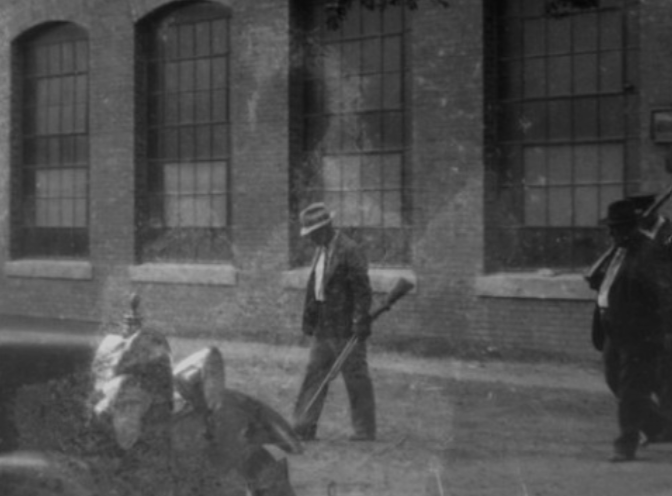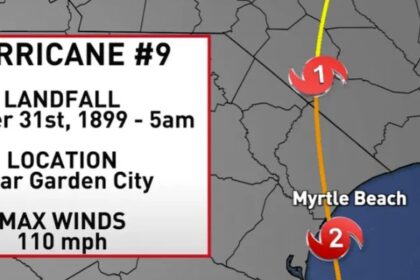The Chiquola Mill Massacre, also known as Bloody Thursday, occurred on September 6, 1934, in Honea Path, South Carolina. During a textile workers’ strike, seven striking workers were killed and at least 30 others were injured when Dan Beacham, the mayor and magistrate in the small town, ordered armed townsmen, deputized by him, to fire into the picket line.
Then-Governor Ibra Blackwood dispatched the National Guard and Highway Patrol with promises to reopen the mills. But in Honea Path, the mayor had other plans.

The strike was part of the textile workers’ strike of 1934, which mobilized workers up and down the East Coast of the United States in response to the worsening labor conditions during the Great Depression.
On that day, six would ultimately die because they wanted better working conditions.
Beacham reportedly obstructed court proceedings against himself and the other strikebreakers, and ordered some of the strikers arrested. Dozens of unionized workers were fired or evicted from their company-owned mill homes.
After defeat, unionization efforts in Honea Path came to an end.
Written By: John G. Clark Jr.


